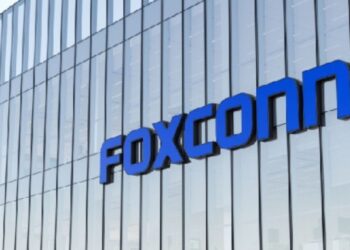Sam Altman, then 23 years old, raved about being able to use Apple’s new App Store to promote his program, a friend-locating service called Loopt, when he took the stage at the company’s annual developer conference in 2008. Altman remarked, “We believe that this is a new era of mobile, and we’re thrilled to be part of it.”
Sixteen years later, Apple is reaching out to the businessman once more, but this time with a difference. This time, the business is in as much need of his assistance as he is of Apple.
At the moment, Altman is in charge of OpenAI, the top generative AI start-up. In an attempt to catch up, Apple has partnered with OpenAI to incorporate ChatGPT into the iPhone’s operating system. The arrangement will be a major topic of discussion at Apple’s Worldwide Developers Conference next week, even if the contentious Altman is unlikely to speak at the event. This illustrates how much power has changed in Silicon Valley in the last few years.
Through the agreement, hundreds of millions of Apple users—including those who might have been reluctant to try ChatGPT otherwise—will now have access to OpenAI. With the agreement, Apple will have access to the most cutting-edge AI technology available—a chatbot with uncannily strong capabilities—which it may integrate with its own offerings.
Numerous AI features, some of which operate on Apple hardware and others of which depend on cloud computing, have been developed by the company. AI is also being incorporated into its digital assistant, Siri. However, the company’s chatbot is still lacking in quality.
Apple is probably in for a “short- to medium-term relationship” with OpenAI, according to IT veteran Dag Kittlaus, who co-founded and oversaw the Siri company before Apple bought it. “However, you can be sure they’ll be putting in a lot of effort to hone their own skills here.”
Chief Executive Officer Tim Cook’s keynote speech at WWDC on June 10 is widely regarded as Apple’s largest sales drive in recent memory. The business must persuade investors, developers, and customers that it can prosper in the AI future. Additionally, Apple’s current business is stagnating, with revenue falling in five of the last six quarters, adding to the strain.
The terms of the agreement are unclear, and the two corporations haven’t made the deal public yet. Apple, situated in Cupertino, California, and OpenAI, based in San Francisco, both declined to comment.







